If you live in a drought area, it is necessary to water and fertilize your plants accordingly because lack of nutrients and moisture causes harm to your plants. Watering your plants at least once a day and using the right fertilizer also helps your plant grow faster. Are you looking for the best fertilizers you can use for your plants? You've come to the right page as we collected the answers for you.
If the plant is dormant during drought, it will not absorb the nutrients from the fertilizer, which is harmful to the environment. It is better to fertilize your plants before the dry season for protection. If the plant is already distressed because of drought, postpone it to a later time. These fertilizers are effective in protecting and regrowing plants that suffer from drought.
- Milorganite
- Wildroot Organic
- Harris Organic Fish Fertilizer
- Safe Brand Lawn Restore Fertilizer
- Fishnure Organic Compost
- Scotts Turf Builder Southern Lawn Food
- Dr. Earth Organic Fertilizer
- Jobe's Fertilizer Spikes
- Liqui-Dirt Nano Powder Organic
- Miracle-Gro Plant Fertilizer
Do your plants need fertilizer to survive the dry season? Are you searching for the best fertilizers on the market? Read on as we have answers to your questions.
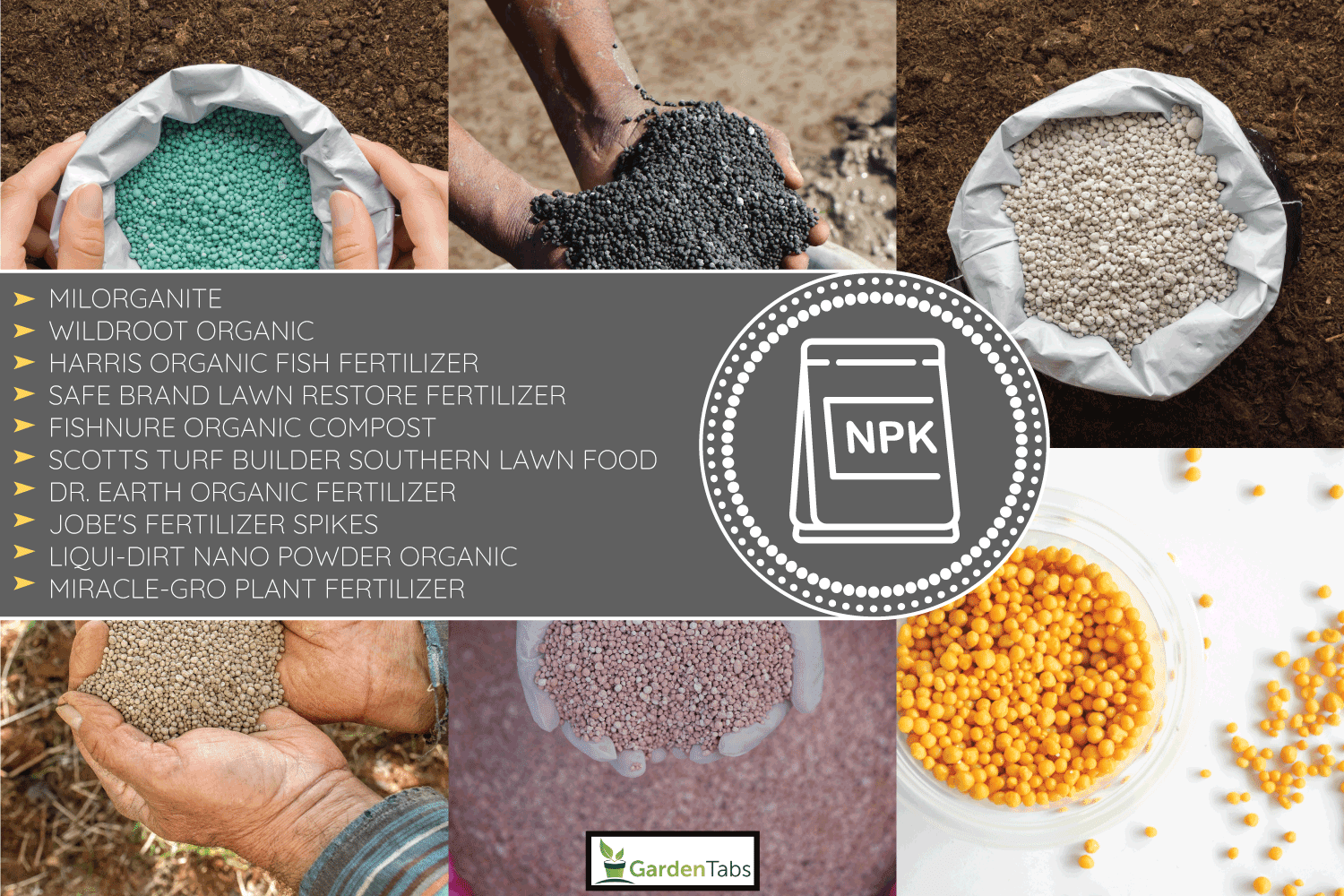
When Should I Apply Fertilizers?
If you are unsure when to apply fertilizer, you can use 10-10-10, which has the balance of Nitrogen, Phosphorus, and Potassium. Fertilizers are best to apply during early spring. However, there are things to consider before applying fertilizer to your plants:
- Always read the packaging and read the instructions carefully. Incorrect application may harm your plants.
- Review the fertilizer needs of your plant varieties.
- Ask your garden supplier if you have further questions.
- Get soil pH testing. This will help you determine what the soil lacks and the other nutrients needed to grow your plants. Some garden centers have soil testing kits available or you can buy your test kits.
Click here to check out this soil pH testing on Amazon.
What Are The Best Fertilizers For Drought Conditions?
Choosing the best fertilizer and applying it correctly avoids plant burn and crop damage. Listed below is the list of best fertilizers available on the market:
Milorganite
Click here to check out Milorganite on Amazon.
Milorganite is an organic composition. It reduces the need for watering, cuts down on mowing, and is ideal to use anytime. This product has been used in golf courses and has proven effective for decades.
Wildroot Organic
Click here to check out Wildroot Organic on Amazon.
Wildroot Organic helps plants become drought resistant and saves water. This fertilizer has Mycorrhizae that replenish the roots of the plants even in harsh environments. It is easy to apply. Mix with water and directly apply to the soil, or put a dry spoonful of the product on the roots.
Harris Organic Fish Fertilizer
Click here to check out Harris fertilizer on Amazon.
Fish fertilizer has micronutrients derived from fish, which are essential in plant and vegetable growth. This fertilizer is best used during spring and summer. It won't burn plants and is great for indoor and outdoor use.
Safer Brand Lawn Restore Fertilizer
Click here to check out Safer Brand fertilizer on Amazon.
Restore Fertilizer won't burn your plants and provides your soil with the nutrients it needs for vitality and growth. This product is safe for kids and pets after application. It can withstand any weather condition, so you can apply it in any season.
Fishnure Organic Compost
Click here to check out Fishnure fertilizer on Amazon.
Fishnure helps increase water holding capacity and aeration. It enhances microbial life and soil fertility. This product is easy to apply, and it is odorless.
Scotts Turf Builder Southern Lawn Food
Click here to out check Scotts fertilizer on Amazon.
Scotts Turf Fertilizer is essential for drought and protects against heat. It improves water and nutrient absorption and works perfectly on any type of grass.
Dr. Earth Organic Fertilizer

Click here to check out Dr. Earth fertilizer on Amazon.
This fertilizer is best for vegetables, tomatoes, and herbs because it is 100% organic and natural. It enhances nutrients and drought tolerance.
Jobe's Fertilizer Spikes

Click here to check out Jobe's fertilizer on Amazon.
Jobe's Fertilizer Spikes will keep your plants healthy. It sustains the supply of nutrients at the roots. You just need to insert the spikes into the soil surrounding the plant. This is ideal for indoor palms and fern plants.
Liqui-Dirt Nano Powder Organic
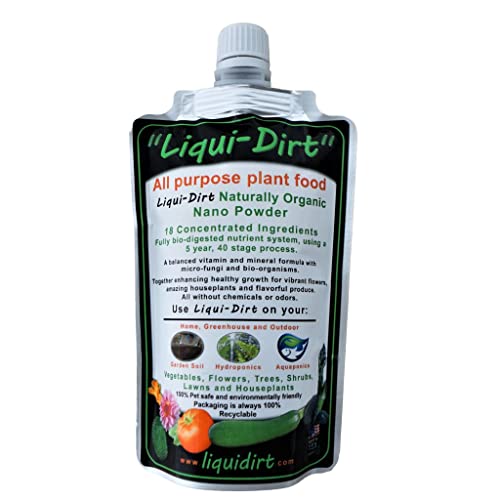
Click here to check out Liqui-Dirt on Amazon.
Liqui-Dirt Nano is organic and has no chemicals. It is 100% pet safe and has no odor. It increases the growth of roots, stems, leaves, and all other parts of the plants. No need to mix other fertilizers.
Miracle-Gro Plant Fertilizer

Click here to check out Miracle-Gro on Amazon.
Miracle-Gro Fertilizer has natural ingredients to feed soil microbes. It contains micronutrients for more productive, vibrant, and stronger plants. It increases water absorption efficiency.
What Are The Primary Nutrients In Commercial Fertilizers?
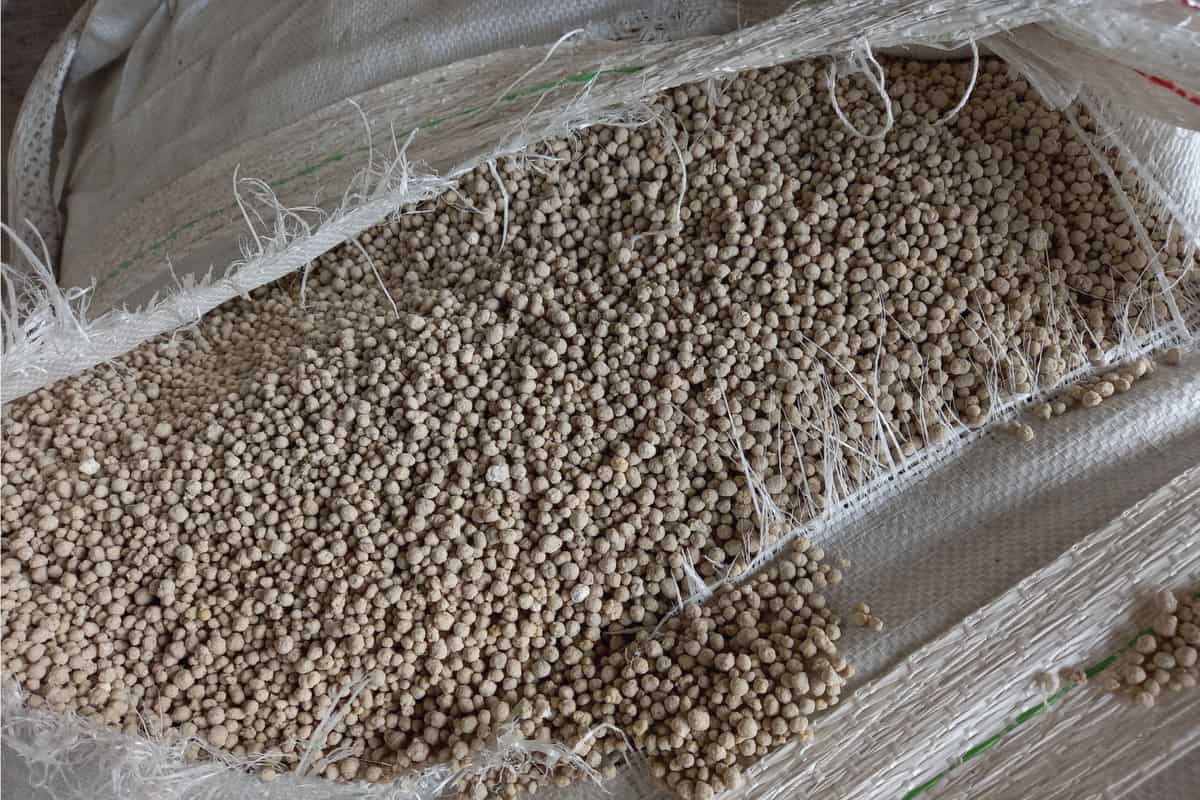
There are 17 essential nutrients that growing plants need. Out of 17 nutrients, 14 come from the soil, and the rest come from water and air. Check the product description and ingredients to know if the required nutrients are included. These three fertilizers are the ones available commercially:
Nitrogen
Nitrogen is the most important for plants to absorb because plants need to stay healthy while growing and nutritious once harvested and ready to eat. This nutrient is needed to form protein, which most living things need.
Phosphorus
This nutrient is needed in the process of photosynthesis. It is also needed for plants to store energy and grow normally.
Potassium
Potassium protects the plant from extreme weather conditions, preventing wilt and strengthening the roots. It helps resist disease and increases crop quality.
Other Types Of Fertilizers:
- Inorganic fertilizers are chemical fertilizers that have nutrients made from chemical means.
- Organic fertilizers are naturally made from animals and plants.
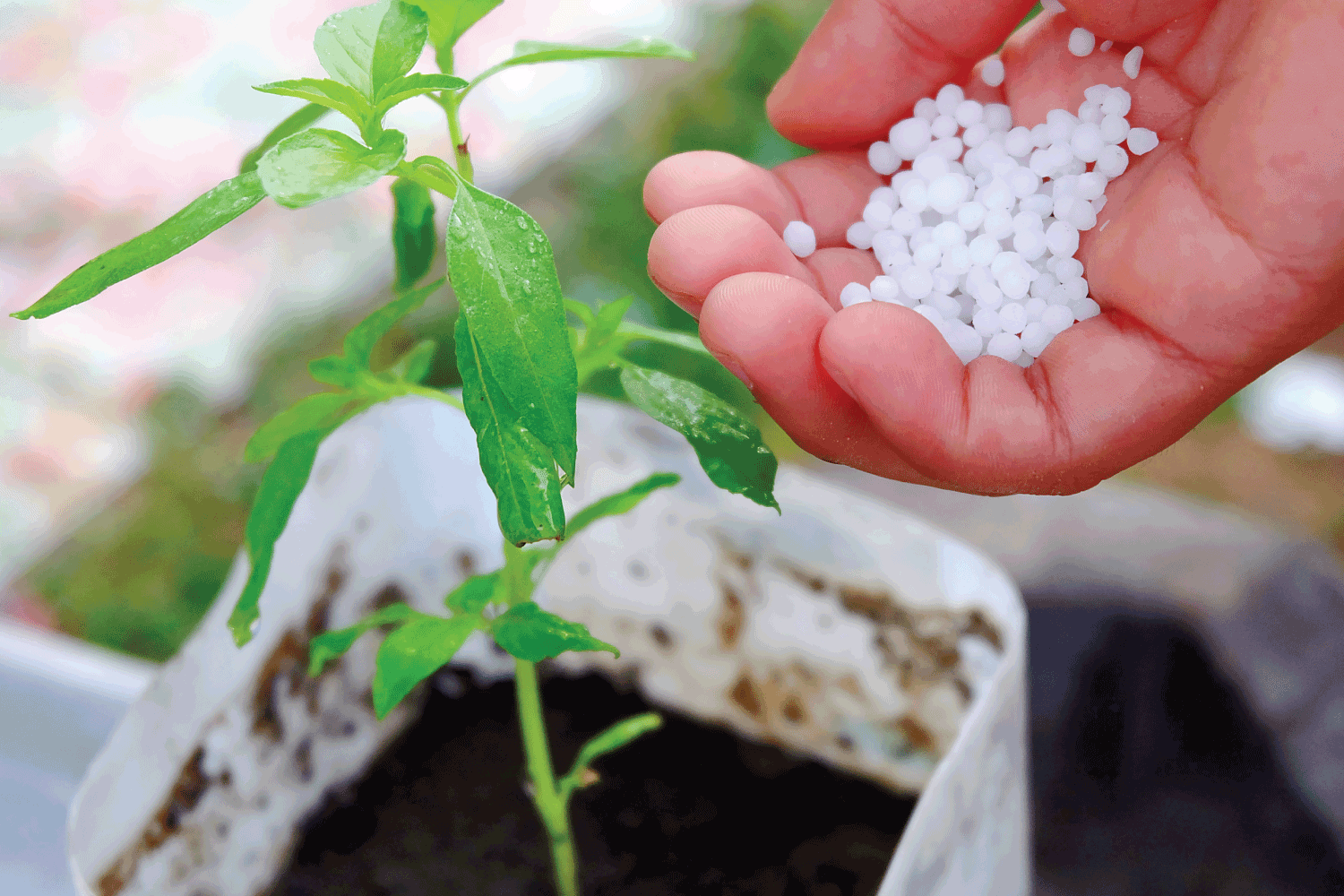
Should I Fertilize During Drought?
Fertilizing during drought conditions will not result in a favorable growth of plants. It is not just a waste of money or time, it is also dangerous for plants and crops used for livestock.
The soil will not absorb the chemicals that could harm your animals. It is best to fertilize during cool seasons and/or after drought conditions cease.
What Are The Uses Of Fertilizers?
Fertilizers are used for different purposes. Listed below are the common uses of fertilizers:
- They provide additional nutrients to the plants, crops, fruits, trees, and flowers.
- Improves the yield of crops.
- Nitrogen fertilizer makes the lawn greener.
- Organic fertilizer improves soil texture and fertility.
- Fertilizers are used to replenish the lost nutrients of plants.
What Are The Three Numbers On Fertilizers?
The three numbers you see on a fertilizer's bag represent the nutrient content of the package. If the label says 10-10-10, it means it has 10% Nutrients, 10% Phosphorus, and 10% Potassium, the national standard fertilizer grade.
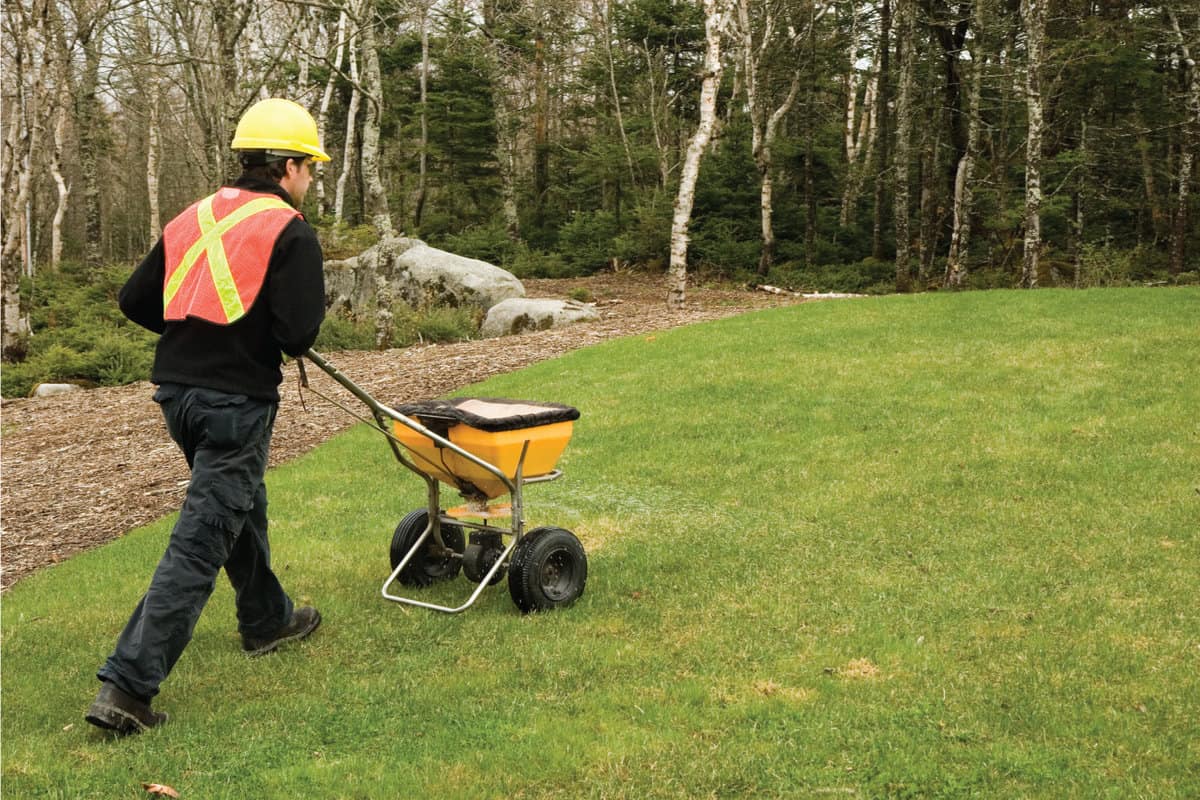
Can You Fertilize Brown Grass?
Fertilizing dormant or brown grass will not help to revive it because the soil will not absorb nutrients from it. Preventing grass and soil from drying further is the best way to revive it.
Water early in the morning and mow the dried grass up to ⅓ of it. Once the grass comes back to life, you can fertilize on schedule according to the grass type.
Is It Okay To Use Old Or Expired Fertilizer?
Check the condition first before throwing out that old bag of fertilizer.
If The Bag Is Sealed
If it is a liquid fertilizer stored properly at room temperature, away from the sun, and not frozen, it can last up to 10 years. Granular fertilizer has no definite expiration date as long as it is stored per the manufacturer's instructions.
However, if your fertilizer has pesticides or other chemicals, check the expiration date of the packaging because some lose their potency in the long run.
If The Bag Is Opened
No need to worry if the fertilizer was stored properly, although you can check this breakdown for the life expectancy of the fertilizers:
- Liquid Organic: 5 to 8 years
- Liquid Mineral: good for up to 10 years
- Feed and Weed: up to 4 years
- Dry Granular and Crystallized: Indefinite
- Microbial: up to 2 years
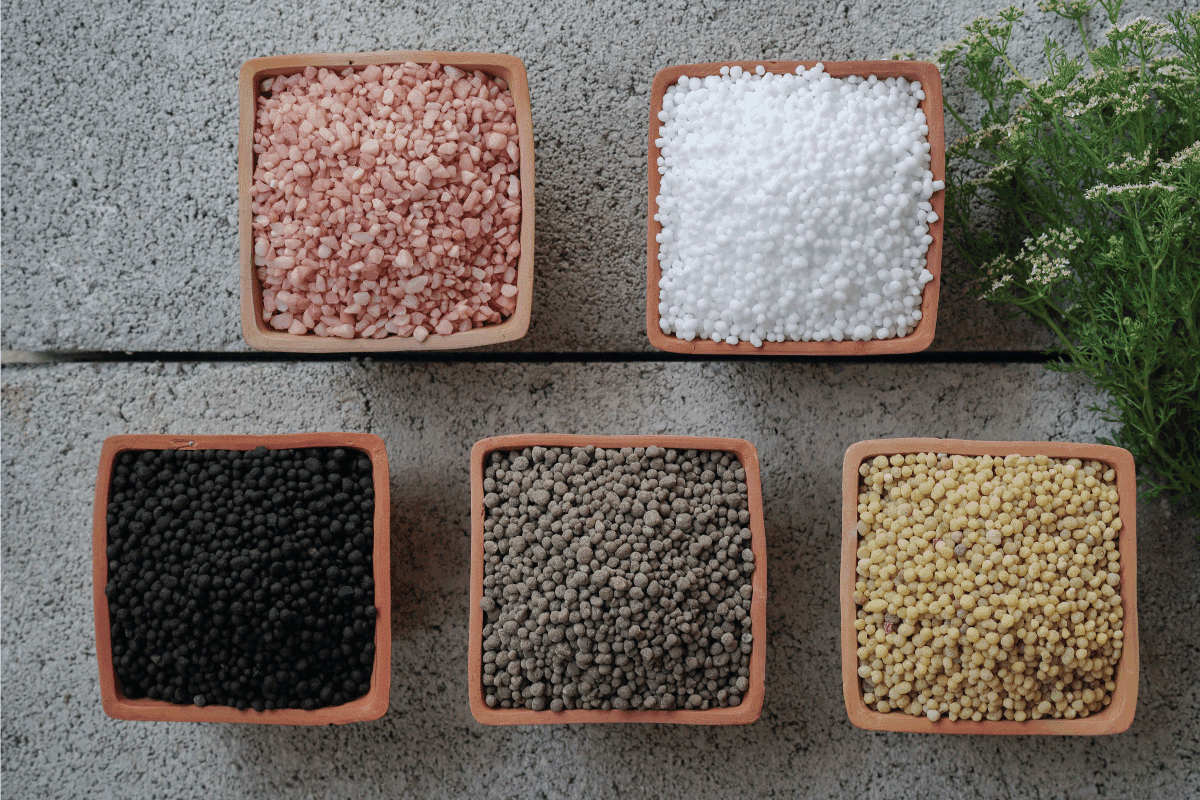
Summing Up
Plants, crops, grass, and lawns should have balanced diets. Your soil fertility last spring is different in summer or fall. Your plants absorb all nutrients, and so the soil needs to replenish them.
To learn the conditions of the soil, testing it before proceeding to the next step is the best way to determine its needs.
If you want to find out more about fertilizers, planting, and other information in gardening, you may visit the following posts:
15 Best All-Purpose Plant Fertilizer
How Long Does Fertilizers Last In Soil?
How Long Can Grass Seed Stay Dormant?







